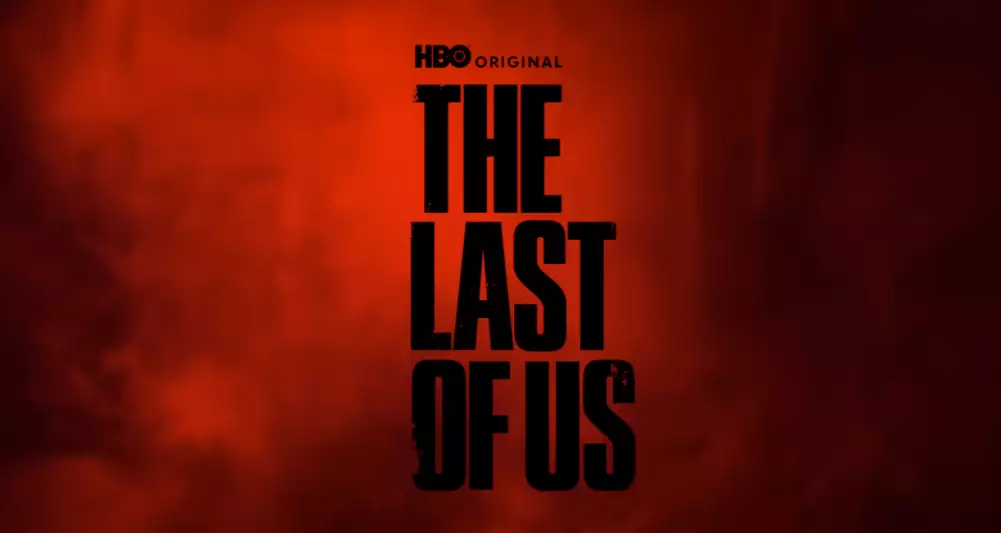The release of HBO’s critically acclaimed series The Last of Us continues to captivate audiences with its knack for blending emotional storytelling with thrilling drama. Season 2, particularly, has been a roller disco of excitement, layering in twists that keep fans on their toes. One of the most intriguing developments this season was the unexpected cameo by none other than Josh Peck, famed for his earlier work on Nickelodeon’s Drake & Josh. This transition from light-hearted teen comedies to the grim realities of a post-apocalyptic world demonstrates both the versatility of Peck as an actor and HBO’s commitment to deep storytelling.
Peck’s portrayal of Janowitz, a soldier in a militarized arm of the Federal Disaster Response Agency (FEDRA), is brief yet searing. His character’s dialogue adds gravitas to scenes that are already fraught with tension. It’s not just the content of his lines that leaves an impression, but also their context—set against the backdrop of a world where humanity has been fragmented and moral compasses have been largely discarded. Peck’s character discusses the detainment of “voters,” a skewed term denoting the survivors in quarantine zones who find their lives disrupted under the iron fist of oppressive authorities.
Dark Humor Amidst Despair
The episode tantalizingly presents a blend of dark comedy and chilling reality, exemplified when Janowitz banters with a fellow soldier about the absurdities of their bleak situation through inappropriate humor. The line “Nobody asked you, jiboy!”—a biting retort directed at a defiant detainee—encapsulates the crude banter that often emerges in dire conditions. Peck points out an insightful observation: “War can make people say and do things that they never thought they were capable of doing.” This acknowledgment serves as a reminder that such absurdities can exist in dystopian settings, providing a strange comfort through laughter.
The juxtaposition of humor and horror is a common storytelling technique, particularly in narratives exploring themes of survival and human depravity. Here, it is particularly effective. It forces the audience to confront the brutality of human action when faced with survival—and yet, it evokes laughter, albeit dark laughter. Peck’s role, although momentary, stitches an essential thread into the complex fabric of human emotions amid chaos.
A Path to Maturity and Artistic Growth
Interestingly, Peck describes himself as a “wimp,” admitting he initially shied away from watching the haunting first season of The Last of Us. This self-deprecating humor hints at a deeper journey of self-discovery and acceptance as he edges away from child star stereotypes. Auditioning for this role marks a significant moment in his career, as he ventures into more serious realms following his involvement in notable projects such as Oppenheimer**.
He reflects on the collaborative effort that goes into a production of such magnitude. Peck states, “There are no holes in the script. Everyone is at the top of their game, and you feel excited to be a part of that team.” His experience underscores the importance of an effective creative process. It suggests that for an actor to flourish, they must be surrounded by a capable team where everyone contributes to a piece’s integrity.
A Glimpse into the Future
As viewers anticipate the remaining episodes of Season 2, there is already buzz surrounding Season 3, which HBO has confirmed. The high stakes and gripping narratives have laid fertile ground for speculation. Peck’s unexpected cameo adds another layer to the unfolding drama, leading audiences to wonder what other surprises lie in store.
The series adeptly illustrates the array of human behaviors when faced with dire circumstances, and each character’s backstory enriches the overarching narrative. With three episodes remaining, the tension builds. Fans of the source material and new viewers alike are poised to experience a dramatic climax, and Josh Peck proves to be a wild card—one that harmonizes well with the series’ tone of resilience and complexity. His transformation from a childhood figure into a serious contender in dramatic arts illustrates the potential for growth within the entertainment industry, challenging preconceived notions around typecasting and success.

